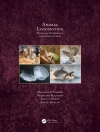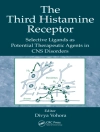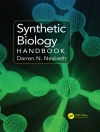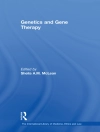Are human beings genetically predisposed to prosocial and cooperative behavior? Are human beings inherently virtuous or evil? Is love self-sacrifice? This book was written to answer these questions from the view point of the neuroendocrinology regulating oxytocin(OXT) system in our brain. OXT is synthesized mainly in a section of the brain called the "hypothalamus". While it is well known that OXT plays a crucial role in childbirth by facilitating both uterus contraction and milk ejection, OXT is sometimes called the "love hormone" because it also plays a key role in regulating affectionate behaviors, mother-infant bonding, sexual behavior, and social memory/recognition. There is a positive loop of attachment-parenting behavior on each side of the infant-mother relationship. Infants that experience positive interactions with their parents will develop an enhanced OXT system and display positive parenting and socially affectionate behaviors in adulthood.
Reji Babygirija & Irena Gribovskaja-Rupp
Physiology of Love – Role of Oxytocin in Human Relationships, Stress Response and Health [PDF ebook]
Physiology of Love – Role of Oxytocin in Human Relationships, Stress Response and Health [PDF ebook]
Acquista questo ebook e ricevine 1 in più GRATIS!
Formato PDF ● Pagine 211 ● ISBN 9781624176104 ● Editore Reji Babygirija & Irena Gribovskaja-Rupp ● Casa editrice Nova Science Publishers ● Pubblicato 2013 ● Scaricabile 3 volte ● Moneta EUR ● ID 7222485 ● Protezione dalla copia Adobe DRM
Richiede un lettore di ebook compatibile con DRM












